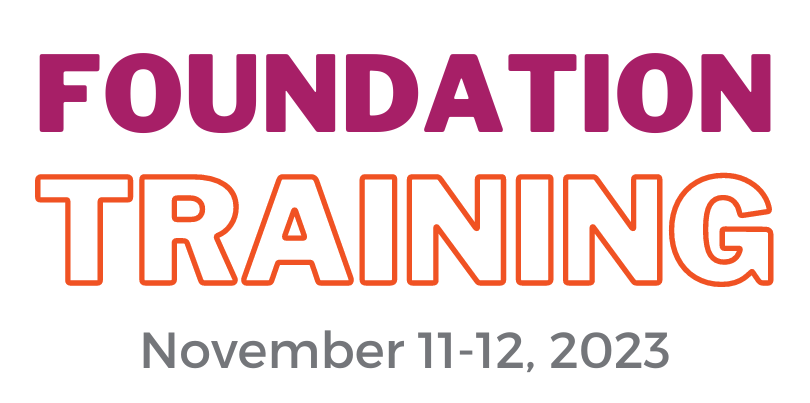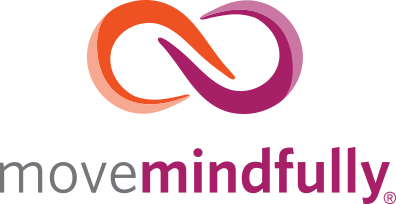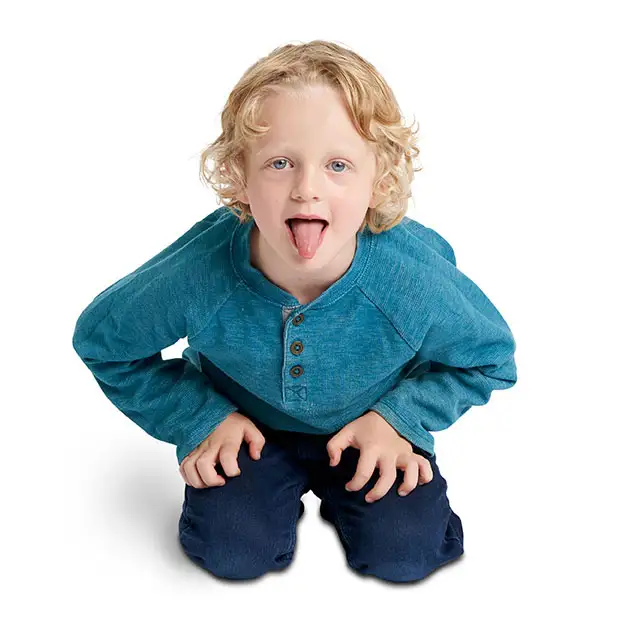Isolation resulting from COVID has impacted young children’s development. Preschool and elementary teachers are seeing students exhibiting behaviors more developmentally appropriate for toddlers than for four and five-year-olds. This makes sense since many of these children may be experiencing their first year in a community learning environment.
Fostering healthy relationships, creating safe learning environments, and providing skills for handling big feelings are critical for young children’s mental health and well-being. Check out these three ideas for supporting social-emotional learning and mental health in early education:
Name it. Young children are building and strengthening their mind-body connection. Reflecting back to children what you see helps them understand their emotions. Simply saying, “Your body looks mad right now. Does having to clean up right now make you feel mad?” helps children name and normalize their feelings.
Release it. Big feelings need to be released. A child who is frustrated by clean-up time might knock over a block tower or run out of the room. A releasing breath like Lion’s Breath provides a mind-body strategy for safely releasing that energy.
Model it. Everyone feels angry sometimes. Chances are you get angry, too. Next time you feel frustrated, model using Lion’s Breath or Down Dog (pushing) to release that big feeling. By showing children how you use these strategies, you will let go of feelings of overwhelm while teaching a valuable lesson at the same time.
With movemindfully‘s simple visuals, you can teach Lion’s Breath during circle time when children are more settled and calm. Then you just show an image of Lion’s Breath from the movemindfully App or Card Deck to remind a child who is frustrated that it’s OK to feel mad and provide a safe way to let go of anger.

Want to learn more about how to use movemindfully practices with young children? Register today and join us on November 11th and 12th for movemindfully Foundation Training!

